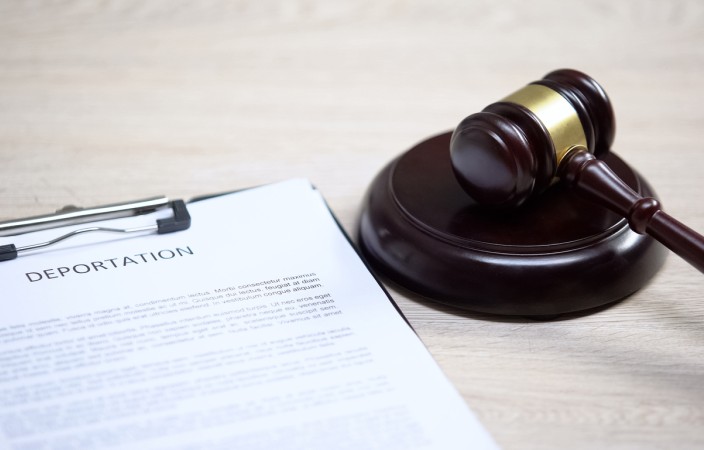Reactivation of deportation liability - Successful appeal

A New Zealand Resident is entitled to appeal their deportation liability to the Immigration and Protection Tribunal. This appeal is made on humanitarian grounds, such as the appellant’s connection to New Zealand, or lack of support in their home country.
The Tribunal has several options when determining a humanitarian appeal. One possible outcome is that the Tribunal may suspend an appellant’s deportation liability on conditions. For example, the condition might state that the appellant must not receive another conviction within the suspension period. The Tribunal may specify certain types of offending which will breach the condition (ie convictions for violent or sexual offending), or exclude others (such as traffic offences). It can also decide on a broader condition, such as the condition that the appellant not be convicted of an imprisonable offence.
If an appellant fails to comply with the suspension condition(s), the Minister of Immigration may apply to the Tribunal to reactivate the appellant’s deportation liability under section 212(2) of the Immigration Act.
An appellant has the chance to persuade the Tribunal that deportation should not continue. Importantly, the final discretion of whether to reactivate deportation liability rests with the Tribunal, not the Minister or Immigration New Zealand.
This issue arose recently with respect to our client, who we represented in 2016 in relation to his deportation liability, which was triggered when he was convicted of rape and passport fraud offences. On that occasion, his deportation liability was suspended for five years. A condition was imposed that he “not be convicted of an offence punishable by imprisonment” within that period.
Approximately four years and six months later, our client received a subsequent conviction for drink driving and sentenced to a fine and suspension of his driving licence. The Minister applied to the Tribunal, seeking an order that our client had breached the suspension condition, and that deportation should be reactivated.
Our preliminary argument focused on the specific wording of the condition. We submitted that as our client had received a fine for his offending, that he had not breached the condition (convicted of an offence punishable by imprisonment). The Tribunal disagreed, indicating that the plain meaning of “punishable” was not ambiguous, and that reactivation arose when he was convicted of an offence for which he was “able” to be punished by a term of imprisonment (the court had the power to impose a sentence of imprisonment).
Despite the Tribunal’s finding that the condition was breached, we successfully argued that deportation should not proceed. This was on the basis that the appellant’s humanitarian consequences (which included the appellant’s young son and wife’s medical condition), balanced against his low-level risk of reoffending, outweighed the fact that he had breached the suspension condition. It was also determined that the decision would not undermine the integrity of the immigration system.
This is only the second time that the Tribunal has exercised its discretion to stop deportation.
Our immigration lawyers are experts in deportation proceedings. They will ensure that all avenues for resolving an appeal are explored, including criminal and immigration appeals. Contact one of the team to discuss how we might be able to help you:
Simon Graham
Partner
SGG@YOUNGHUNTER.CO.NZ
Christine LeBeau
Senior Associate
CLL@YOUNGHUNTER.CO.NZ
Austin Lange
Solicitor
AXL@YOUNGHUNTER.CO.NZ
Suyoun Jung
Law Clerk
SYJ@YOUNGHUNTER.CO.NZ

